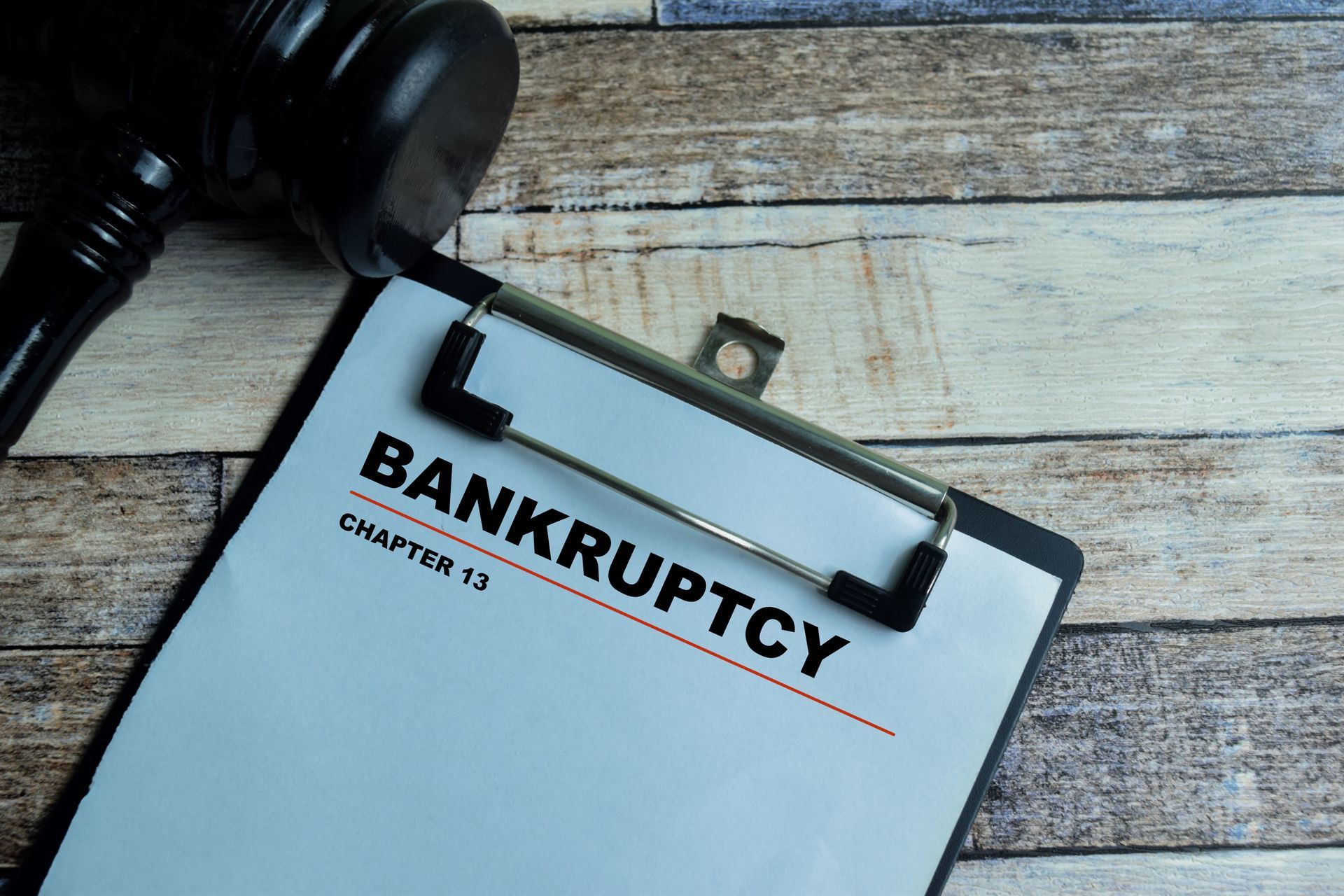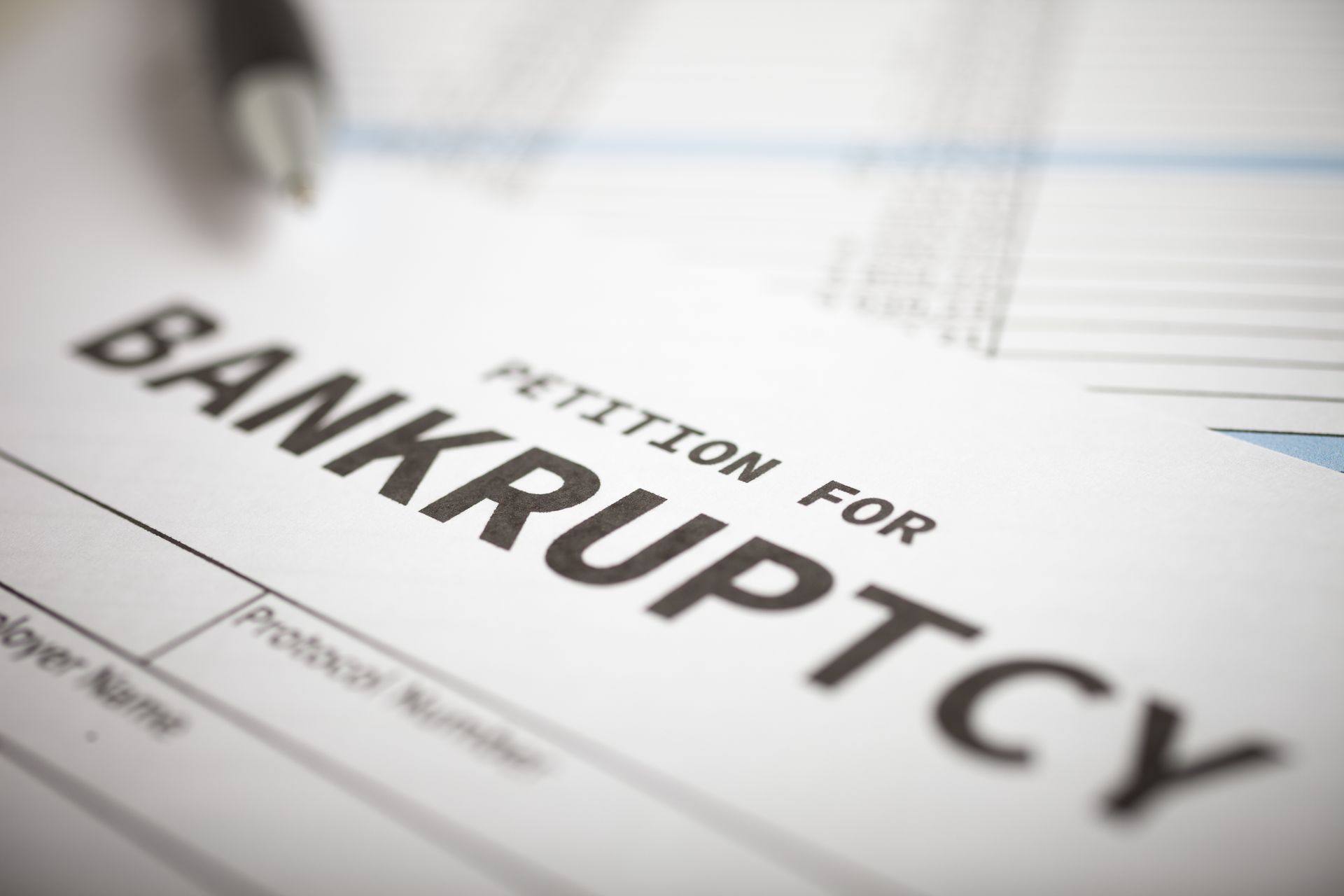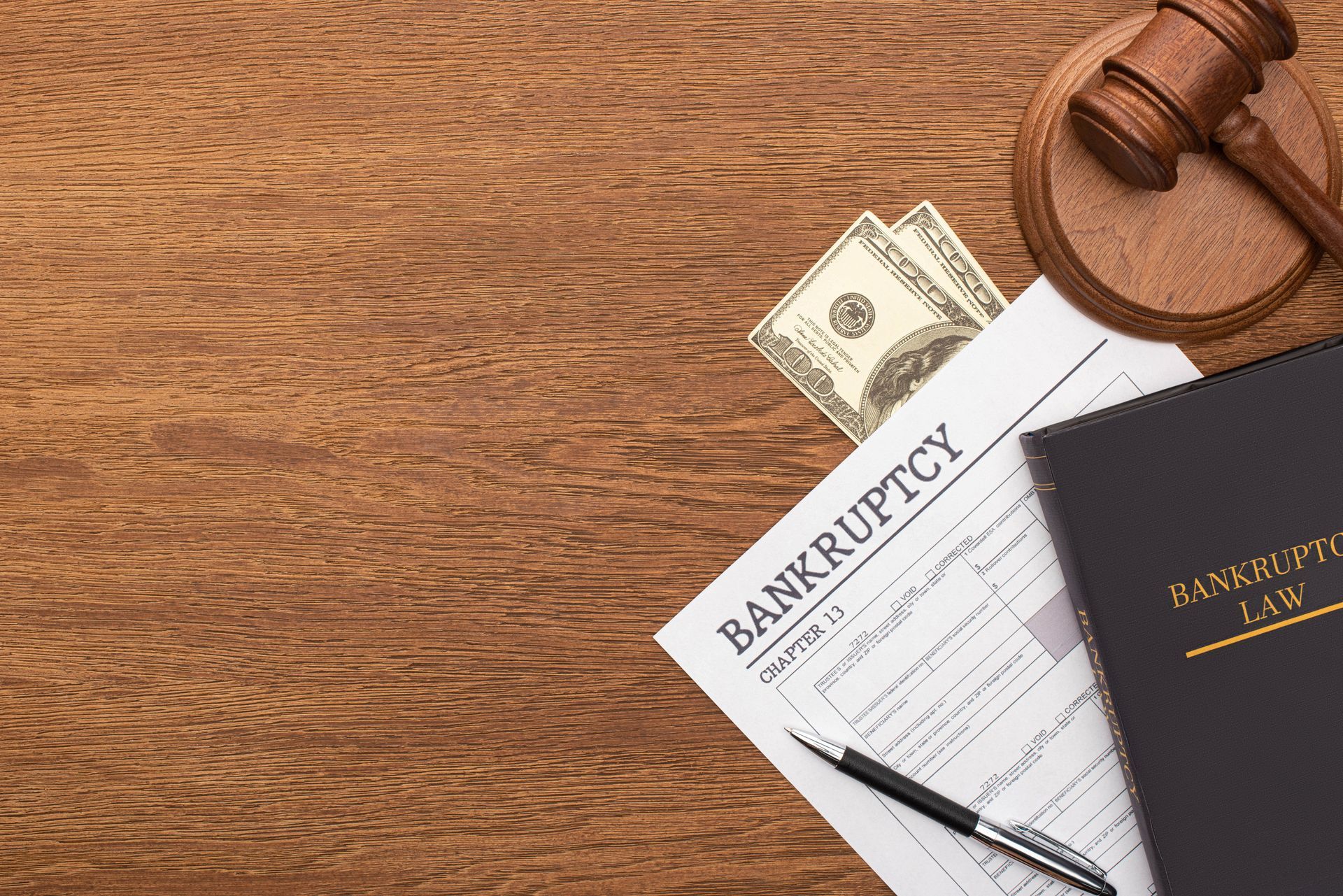Understanding Compensation Calculations in Missouri Truck Accidents
Understanding Compensation Calculations in Missouri Truck Accidents
If you or a loved one has been involved in a truck accident in Missouri, you may be wondering how compensation is calculated for your injuries and damages. Understanding the intricacies of compensation calculations can help you navigate the legal process and ensure that you receive fair compensation for your losses. At Carl W. Hopkins, PA, we assist Arkansas residents with personal injury matters, including truck accidents. In this blog post, we will break down how compensation is calculated in Missouri truck accidents and provide you with valuable information to help you seek the justice you deserve.
Liability Determination: The first step in calculating compensation for a truck accident in Missouri is determining liability. This involves investigating the circumstances of the accident to determine who was at fault. In some cases, liability may be shared between multiple parties. Once liability is established, it will play a significant role in determining the amount of compensation that can be recovered.
Economic Damages: Economic damages refer to the financial losses suffered as a result of the truck accident. These damages can include medical expenses, lost wages, property damage, and any other out-of-pocket expenses incurred due to the accident. Calculating economic damages involves gathering documentation such as medical bills, pay stubs, repair estimates, and receipts to prove the extent of your financial losses.
Non-Economic Damages: In addition to economic damages, victims of truck accidents in Missouri may also be entitled to non-economic damages for pain and suffering, emotional distress, loss of enjoyment of life, and other intangible harms caused by the accident. Calculating non-economic damages can be more complex as there are no clear-cut formulas like there are for economic damages. An experienced personal injury attorney can help evaluate your case and determine an appropriate amount for these types of damages.
Punitive Damages: In some cases where the at-fault party's actions were particularly egregious or reckless, punitive damages may be awarded on top of economic and non-economic damages. Punitive damages are intended to punish the wrongdoer and deter similar conduct in the future. Calculating punitive damages involves considering factors such as the severity of the misconduct and the financial resources of the defendant.
Legal Assistance: Navigating the complexities of calculating compensation for a truck accident in Missouri can be overwhelming without legal assistance. An experienced personal injury attorney like Carl W. Hopkins can guide you through each step of the process, from gathering evidence to negotiating with insurance companies or representing you in court if necessary.
In conclusion, understanding how compensation is calculated in Missouri truck accidents is essential for ensuring that you receive fair compensation for your injuries and losses. By working with a knowledgeable personal injury attorney like Carl W. Hopkins at PA., Arkansas residents can have peace of mind knowing that their rights are being protected throughout the legal process. If you have been involved in a truck accident in Missouri, don't hesitate to reach out for help – we are here to assist you every step of the way towards securing the justice and compensation you deserve.











